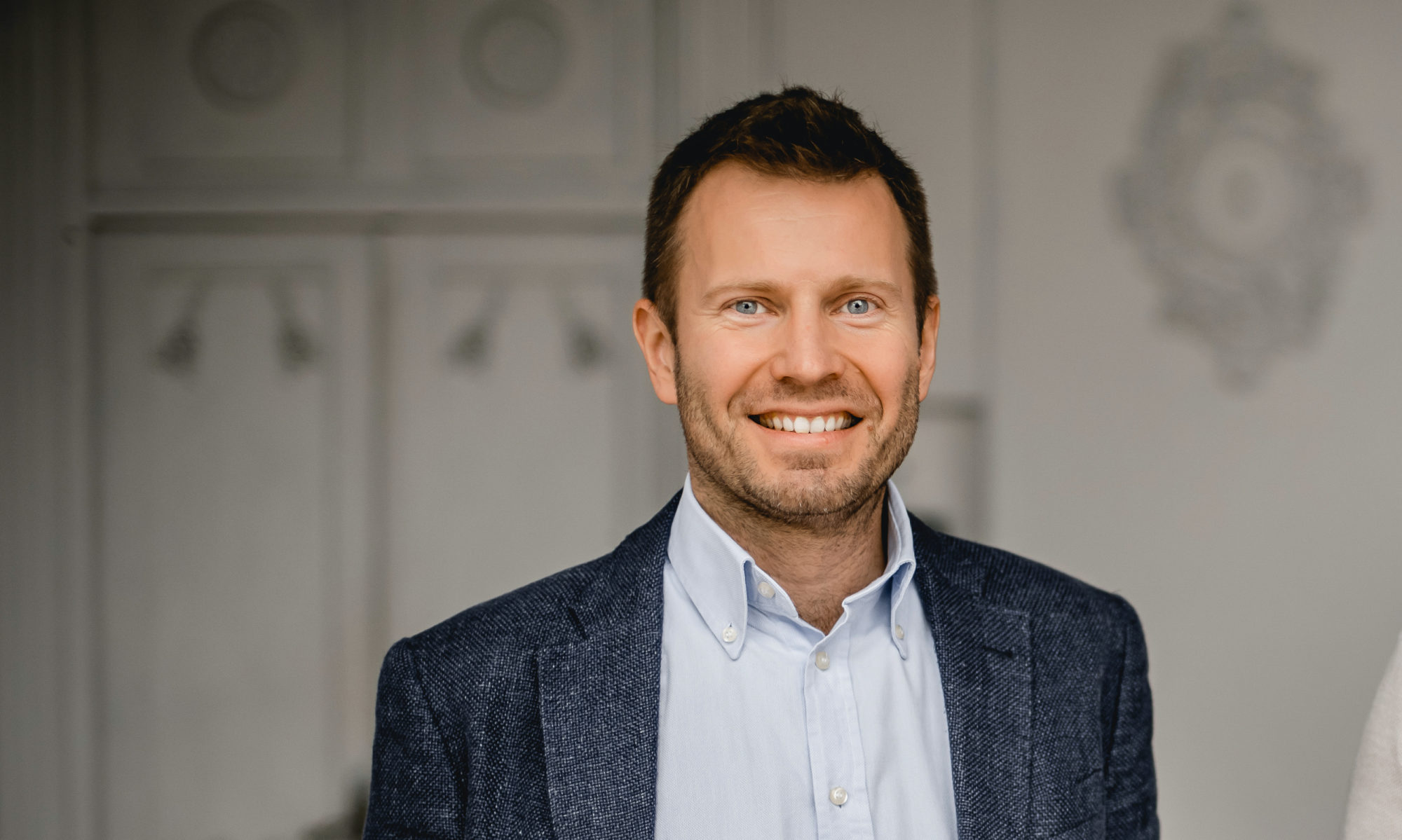
«Legal Talents Management — CEO Edition» published my interview about leadership and leaders: «LEADER 2023: How to Stretch Without Tears?»
You can read it below.
You have been professionally working with top executives and managers as a coach and consultant for many years. What has changed in your work in 2022-2023?
In the last three years, especially in 2022, both businesses and individuals have faced the most serious challenges of their lives. Therefore, first of all, it was necessary to help clients overcome shock and manage an unprecedented level of stress.
For many people, their entire system of coordinates in which they had existed for decades collapsed last year. They literally had to be pulled out from under the ruins and debris of values and meanings. Many people came to their senses only in the fall, but then the second wave of the crisis hit us. Some people still haven’t been able to accept the situation and are in a state of shock and stupor.
At the same time, top managers faced a triple burden: bringing themselves to a resourceful state, being responsible for the safety and well-being of their family and loved ones, and being responsible for the fate of their company and employees. This is really an unbearable burden that many were absolutely unprepared for.
In these conditions, those things that previously were not a priority for many came to the fore: maintaining their physical, mental, and emotional resources; managing expectations, anxiety, and concern; creating meanings, personal strategy, and vision; as well as active and bold actions in conditions of absolute uncertainty. And coaching turned out to be the tool that allowed leaders to successfully solve all these blocks of tasks.
The topic of your training at the Executive Summit in Samarkand is «Crisis Leadership: Enhancing Leaders’ Effectiveness in Crisis Situations through Developing Self-Management and Team Management Skills.» The question that is being asked bluntly is: how do we not lose ourselves and how do we make plans in conditions of total uncertainty? Is it even possible, or should we learn to live without goals and plans now?
Thank you, this is a very important question, the answer to which, unfortunately, is not straightforward because we have existed in a somewhat different paradigm until now. It seems that in super complex situations, we really are obligated to get lost, and «black swans,» or unforeseen circumstances, should nullify all our plans and goals.
Since 2020, I have been very cautious about using the words «goals» and «plans.» Goals are desires to which a plan is attached, and plans, that is, specific future actions tied to time, can indeed change depending on external circumstances. However, it is now much more important to have not goals, but some sort of a principal direction in our lives, a certain orientation, a trajectory of movement, which we can return to after the crisis has thrown us off course for a while.
«Where you are headed is more important than how fast you are going,» wrote Stephen Covey. And this crisis has highlighted a very important and even shocking realization in the lives of top executives: it turns out that for most of them, their life strategy was not clearly formulated, i.e. they did not truly know where they were headed.
People lived within certain limits, within certain boundaries that were created for them, often without their participation. It’s no secret that many leaders
have achieved success and climbed the corporate
ladder unconsciously, mechanically, simply by acting assertively and consistently, because they were programmed that way in childhood and youth. I call this «riding on rails» in life.
When the external frameworks of the familiar world collapsed, it turned out that we had no internal support. If we use biological terms, most people instead of the internal skeleton had an exoskeleton, that is, an external social-corporate support.
Thus, the answer to your question about the presence or absence of personal plans and goals in times of crisis is deeper than it seems. It is an existential question. It is related to self-realization, to the internal feeling of security, to trusting this world.
For example, in some cases, the crisis did not affect the direction of people’s movement in life and business — they continue and will continue to engage in what they like and believe in, despite external difficulties. They had a formulated personal strategy, life mission, meaning.
Interestingly, that very notorious «inner core» that everyone values and wants to obtain is a highly flexible thing. «Soft and weak overcomes hard and strong,» said Lao Tzu. The greatest strength lies in reducing our dependence on our own ego, in the absolute acceptance of the situation and literally permeability for difficulties and problems.
One of my clients, a top manager of a large company, came to a coaching session with a request «how can I grow ten layers of inner armor so that I am not frustrated by unforeseen situations»? In the process of our work, she came to the conclusion that instead of armor that makes us inflexible on the outside and absolutely defenseless inside, she should become transparent. So that all difficulties pass through her, without touching or hurting her.
As I have already mentioned, many people have not accepted the situation that has arisen, even though acceptance is the key to preserving oneself and one’s productivity. Non-acceptance eats away at our life energy.
However, acceptance should not be confused with agreement. I may not agree with what is happening, but I fully accept the present moment, I do not resist it, and I continue to build my life in new realities. It is not the state or society, but I myself who create my life and bear full responsibility for it.
When you begin to break down your life into components, you realize that most of its elements are still under our control. Our health depends on us, as well as our personal and family life, our self-realization, our spiritual life, our hobbies, our friends, our finances — all these are areas of our responsibility, where the state has very limited possibilities for intervention.
Yes, last year, the sphere related to work and business suffered greatly, but even there, many were able to take the situation under control and correct it.
Thus, those who successfully overcame this crisis came to the understanding that they are stronger, more independent and more self-reliant individuals than they thought before. Those with whom I worked in coaching noted that they became, first of all, more courageous, more confident in themselves and their future, and also that they became more free in their life.
I judge by myself: after six years, the most difficult decisions in my life — to change my profession, leave employment and start my own practice, sell my beloved house in Russia and move with my family to live in Cyprus — turned out to be the most correct decisions in my life. They ultimately allowed me to get rid of excess, to get rid of attachments, to reduce my ego and become more internally free.
How would you formulate the main skill of a leader, version 2023?
If in the past, leaders were primarily evaluated based on their ability to create a strategy for the company, their ability to follow that strategy, and lead their team towards it, now a successful leader is someone whose focus is primarily inward. The advice of the Oracle of Delphi, «Know thyself,» is more relevant than ever. Self-awareness, critical thinking, and internal stability are the distinguishing traits of a modern leader.
What does it mean to «know thyself,» and how can it help in business and team management?
How we react to events and what we learn from them can determine our lives and careers for years to come. Every person, especially a leader, should understand not only the physiological and psychological mechanisms that deplete us of resources, willpower, and the ability to think clearly but also how to return to a resourceful, productive state and motivate themselves and their team.
During the session in Samarkand, I spoke about the «Growth Cycle» system, which allows us to bring ourselves into a resourceful state and create a personal strategy in conditions of total uncertainty. It consists of five interconnected blocks, each of which is a necessary element of self-management and team management in crisis situations.
1. Energy and EQ. Developing emotional intelligence. Techniques for stress management and preventing burnout. Psychophysical practices for bringing oneself into a resourceful state, conscious breathing, meditation.
2. Visioning. Creating a long-term vision and personal strategy in conditions of uncertainty. Understanding one’s values, mission, deep goals, and priorities.
3. Resources. Personality and team audit, correct use of internal and external resources to achieve goals.
4. Obstacles. Working with fear, doubts, blocks, limiting beliefs, overcoming and transforming them.
5. Actions. Focused, purposeful, and systematic actions to achieve maximum results.
By mastering the sequence of these five steps, we take control of our lives and can continue to grow and develop even in the most challenging times.
When working with business leaders in coaching, they discuss with you their fears and concerns, which they don’t discuss with anyone else. This means you see a bigger picture. What advice can you give leaders in the current situation as a professional coach?
I believe that despite the monstrous situation happening in Russia and Europe, many people will be grateful for this period in the future because it will make them stronger, more aware, and more free.
This crisis has taken people off autopilot and has already made or is currently making them more mindful. By getting to know ourselves better, we begin to see our lives and society as they are, without illusions or self-deception. What happened to us is a farewell to illusions. The medicine turned out to be bitter, but it was necessary. Illness itself is the medicine.
We can take the best from every situation for our lives. Focus on who you become as a person — this is more important than what you may have lost materially. Treat the crisis as an opportunity for personal growth and bring excitement, drive, and interest back into your life.
As a coach, I am always fascinated by the specific way each person will unlock their inner potential. Let it be interesting to you too! Believe me, if you decide to do so, all the most interesting and important things in your life will only begin.
* * *
Yury Zachek is the Founder and CEO of the consulting company
YZ Global. Business coach of the highest international qualification MCC ICF for executives and business owners, Master Certified Coach and the President of the International Coaching Federation in Cyprus. He is the author of the books «#UPshifting. A step-by-step guide to changing your life for those who have lost themselves in the routine», «Sales Guide for Lawyers and Legal Companies», «Growth Cycle» and online courses and training programs such as «Freedom and Money», «Power Boost», «Sales and Clients», «Creating Personal Strategy and Managing Stress», «Meditation for Beginners». Previously, he was
partner at Deloitte and Director of legal affairs at Accenture in Eastern Europe.

